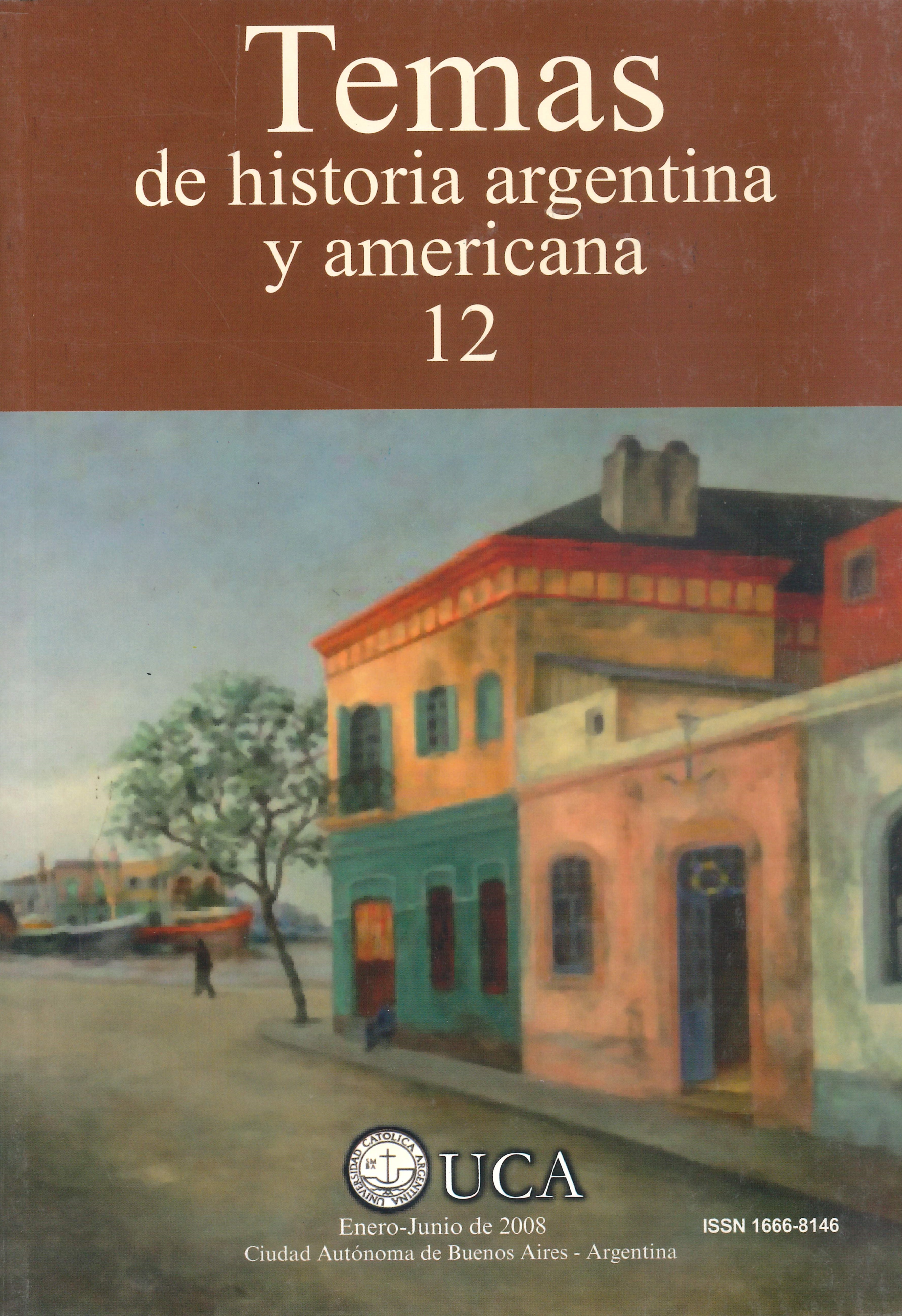El ocaso de la UCR Antipersonalista y el aporte del radicalismo a la construcción del peronismo (1943-1946)
Keywords:
Antipersonalismo, politics, parties, peronismAbstract
In this article we’ll analyze the path followed by the Unión Cívica Radical Antipersonalista thorough the period 1940-1946 from a national and provincial perspective. This party was a full member of the Concordancia – the political coalition formed after the military cup in 1930 – and the main political support of President Agustín P. Justo. Nevertheless, the party lost its infl uence over the 1930’s, and after the presidential election of Roberto M. Ortiz they tried to regain that power by getting involved in the campaign led by the President to eradicate fraud. The initial institutionalization and consolidation of the party during Ortiz years was promising but fi nished abruptly when the President died, and their infl uence soon vanished again. Yet the Antipersonlistas reappeared once more in 1946 as part of a new coalition formed to back Colonel Peron’s candidacy. Peron’s victory allowed a fraction of the Antipersonalistas called U.C.R. Junta Renovadora to occupy several positions in the government including the cabinet, and they strengthened the coalition not only with votes but also with their extensive parliamentary experience.
Downloads
Downloads
Published
How to Cite
Issue
Section
License
Copyright (c) 2008 Elena T. Piñeiro

This work is licensed under a Creative Commons Attribution-NonCommercial-ShareAlike 4.0 International License.























